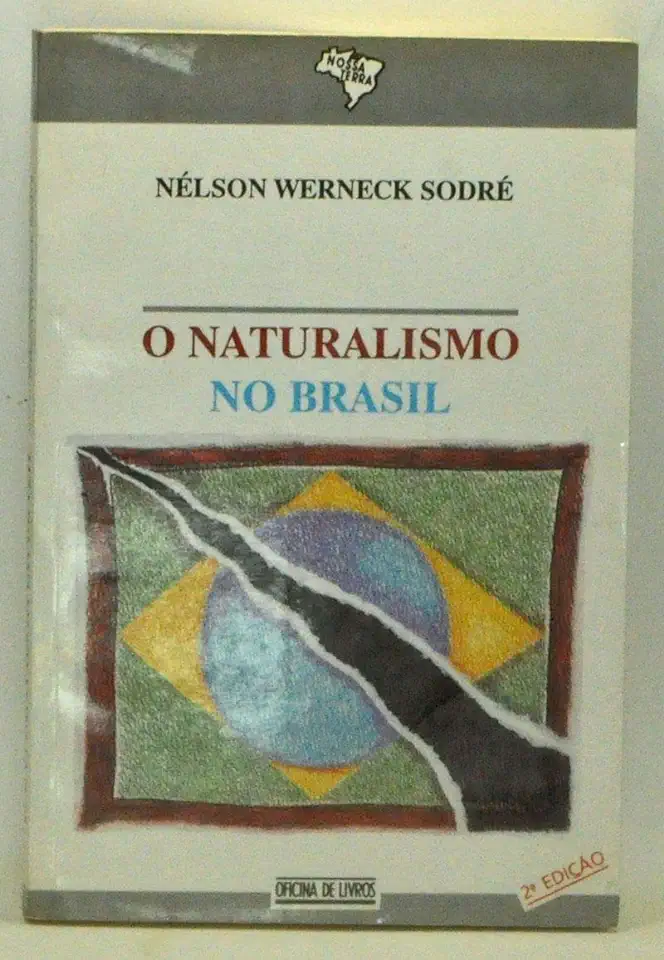
Naturalism in Brazil - Nelson Werneck Sodré
Naturalism in Brazil: A Landmark Study of Brazilian Literature
Introduction
In his seminal work, "Naturalism in Brazil," Nelson Werneck Sodré offers a comprehensive and insightful analysis of the naturalist movement in Brazilian literature. Published in 1939, this groundbreaking study examines the emergence, development, and impact of naturalism in Brazil, providing a critical framework for understanding this significant literary period.
Naturalism: A Literary Movement Rooted in Realism
Naturalism, a literary movement that emerged in the late 19th century, is characterized by its emphasis on realism and scientific objectivity. Naturalistic writers sought to portray life as it truly was, without romanticizing or idealizing it. They believed that literature should reflect the social and economic realities of the time, and they often focused on the lives of the working class and marginalized individuals.
The Rise of Naturalism in Brazil
In Brazil, naturalism emerged as a response to the dominant romanticism of the mid-19th century. Romantic writers had idealized Brazilian society, focusing on its natural beauty and the nobility of its people. Naturalists, on the other hand, sought to expose the harsh realities of Brazilian life, particularly the poverty, inequality, and social injustice that plagued the country.
Key Figures of Brazilian Naturalism
Sodré identifies several key figures of Brazilian naturalism, including Aluísio Azevedo, Domingos Olímpio, and Adolfo Caminha. These writers produced some of the most important works of Brazilian literature, including Azevedo's "O Cortiço" (The Slum), Olímpio's "Canaã" (Canaan), and Caminha's "Bom-Crioulo" (Good-for-Nothing).
Themes and Techniques of Brazilian Naturalism
Sodré analyzes the themes and techniques employed by Brazilian naturalists, highlighting their focus on social issues, their use of scientific language and imagery, and their deterministic approach to human behavior. He argues that naturalism in Brazil was not merely an imitation of European naturalism, but rather a unique and vibrant movement that reflected the specific social and cultural context of Brazil.
The Legacy of Naturalism in Brazilian Literature
Sodré concludes by discussing the legacy of naturalism in Brazilian literature, arguing that it had a profound impact on the development of Brazilian literature and society. Naturalism paved the way for a more realistic and socially conscious literature, and it inspired subsequent generations of writers to address the social and political issues of their time.
Conclusion
"Naturalism in Brazil" is a must-read for anyone interested in Brazilian literature and history. Sodré's comprehensive analysis of the naturalist movement provides a deep understanding of this important period and its lasting impact on Brazilian culture. This book is a valuable resource for scholars, students, and general readers alike, offering a fascinating glimpse into the complexities and contradictions of Brazilian society.